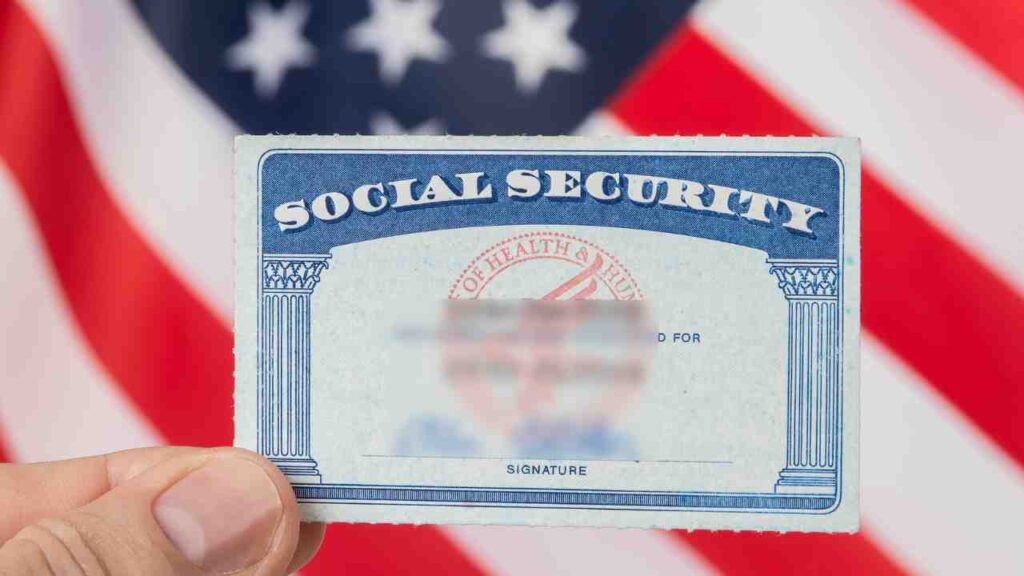SSI payments are for Americans who have limited income and little to no resources, who are blind, have a qualifying disability, or are at least 65 years old. Sometimes recipients do not report a change in their situation, and it may affect both eligibility and their benefit amount. When this happens, and the Social Security Administration detects it, you may have to face an overpayment.
When you are receiving SSI benefits, an overpayment is basically when you receive more money for a month than the amount the Federal Government should have paid to you. Obviously, the amount of this overpayment is the difference between the money you received and the amount due. The most common causes of overpayment is that your income is more than you estimated or your living situation changes. Other possibilities could also happen.
What SSA does when you are on SSI and get overpaid
First of all, the Administration will send you a notice. This notice will be to let you know about the overpayment. Then, you will be asked to give that money back within 30 days.
It is likely that you are still receiving SSI payments when you receive the notice, and that you cannot afford to make a full refund. Do not worry because it will also send you a proposal.
This proposal will allow SSI recipients to have money withheld at a rate of the lesser of 10% or the entire monthly payment. Besides, you will be given the month the SSA proposes the withholding starts.
If you believe this overpayment was not your fault, you can appeal. Of course, this notice will explain how the appeals process regarding overpayments takes place. Having the overpayment reviewed or waived is possible if you request it and get approval.
Other causes for overpayments while on SSI
SSI recipients who know the rules about overpayments will be able to avoid this unpleasant situation. For example, it is essential to report a marriage or divorce. Any changes in your marital status must be reported to the SSA.
Sometimes SSI recipients get resources (money) unexpectedly. This should also be reported to the Social Security Administration so that they can adjust your payment amount.
Although it is not always possible, some SSI recipients with a disability no longer have it after some time. So, if you no longer have a disability, call the SSA to let them know and avoid overpayments. It does not matter if you overcome it thanks to medical treatment, surgery, or state-of-the-art technology.
Overpayments could happen when you report it, but you did not do it on time. Social Security agents can sometimes make errors if your information is incorrect. Thus, all the information you give the SSA must be accurate and complete.
Oficial Source: https://www.ssa.gov/pubs/EN-05-10098.pdf
